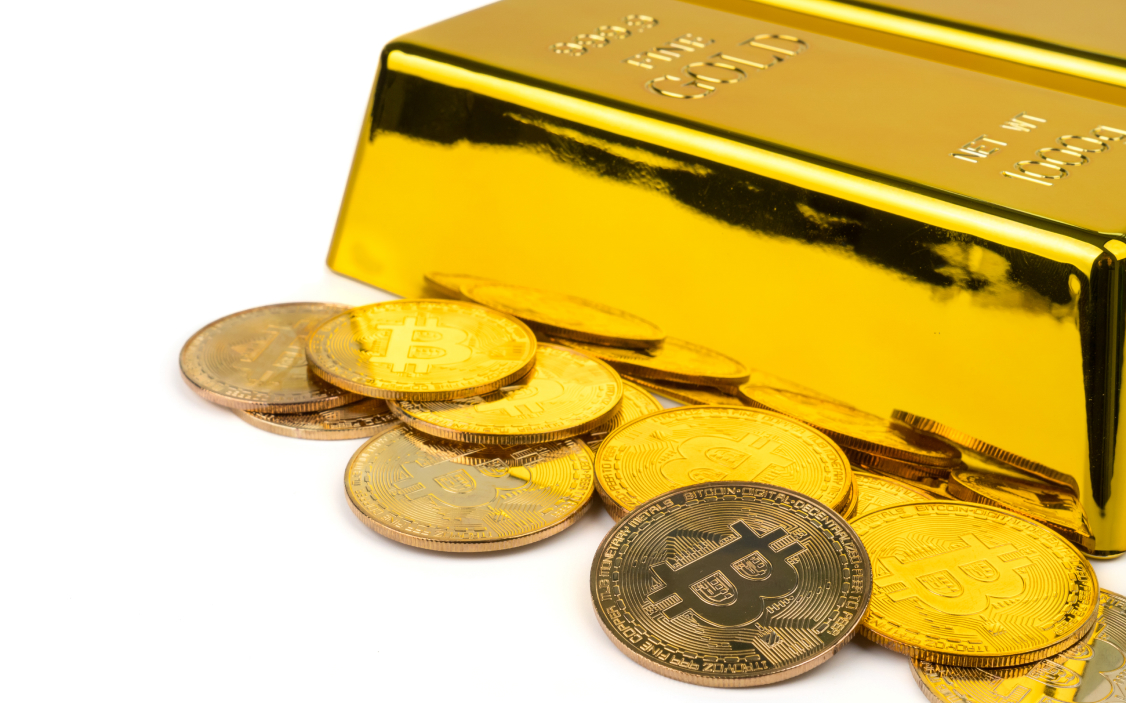
Bitcoin outperformed Gold as an inflation hedge last year. In terms of ROI, Bitcoin had a 90% increase in the period, while Gold had been seeing a 7% decline in yearly ROI.
In a 2021 note to investors, JP Morgan said, the re-emergence of inflation concerns has renewed investor interest in the usage of bitcoin as a hedge.
Advocates of Bitcoin have long asserted that the cryptocurrency is a better store of value and promises superior returns. Critics, however, voiced that Bitcoin offers no guarantee of trajectory growth as it is extremely volatile.
True enough, Bitcoin has seen high volatility last year. It reached a $64,000 level in February surpassing the $50,000 mark for the first time. However, that bull trend was short-lived as the cryptocurrency market melted down in May and Bitcoin gains were cut short, hitting below a trading value of $30,000. By July, the market once again thrived hitting the $40,000 mark. Five months later, in November, the market hit the jackpot – soaring to an all-time high of $68,000.
Meanwhile, as per the 2021 highlights of the World Gold Council, investment in physical-backed gold ETFs dipped approximately by $9.1 billion with 173 tonnes of global outflows. Gold holdings were also off by 5% (approximately 3,500t) for the period, while AUM (Assets Under Management) declined by 9% or $209 billion as gold prices lost a nominal 4%.
Whereas Gold had a 13% increase in March, following the Russia-Ukraine war, analysts from Trading Economics, said the commodity is set to decline in the coming months. Likewise, Bitcoin is at its lows. Currently, the price has fallen by more than half. As this is being written, the virtual currency can be purchased for $20,000.
So, is Bitcoin really replacing gold as an inflation hedge?
Majority of expert opinions, for now, are saying no. The lack of stability raises serious questions about Bitcoin’s effectiveness as a hedge against inflation. Meanwhile, gold has historically demonstrated its ability to stay stable despite economic downturns, analysts say.
According to a recent Forbes article, the supply of gold increases about 2% annually, while the supply of Bitcoin is hard-capped at 21 million.
Adam Perlaky, senior analyst of the World Gold Council says there’s been no historical data backing Bitcoin as an inflation hedge. “There’s effectively been no periods of high inflation during Bitcoin’s existence. There’s no data to back it up.”
In contrast, Chris Kline of Bitcoin IRA, expressed his opposition saying that, since real estate prices have exceeded the charts and gold has become inaccessible, cryptocurrency has become a part of the inflationary hedge mix for the average American, he explained.
Creighton University Finance Professor, Robert Johnson, on the other hand, expressed empathy about Bitcoin’s lack of capacity as a good inflation hedge. Johnson commented, “One cannot invest in the wide array of cryptocurrencies, one can only speculate.” He further added there is no way to determine the value of cryptocurrencies as traditional tools of finance are incapable of measuring the intrinsic value of such assets.
If you want to learn more about gold investing, read our gold IRA ultimate guide.

